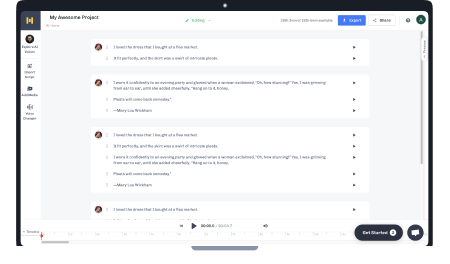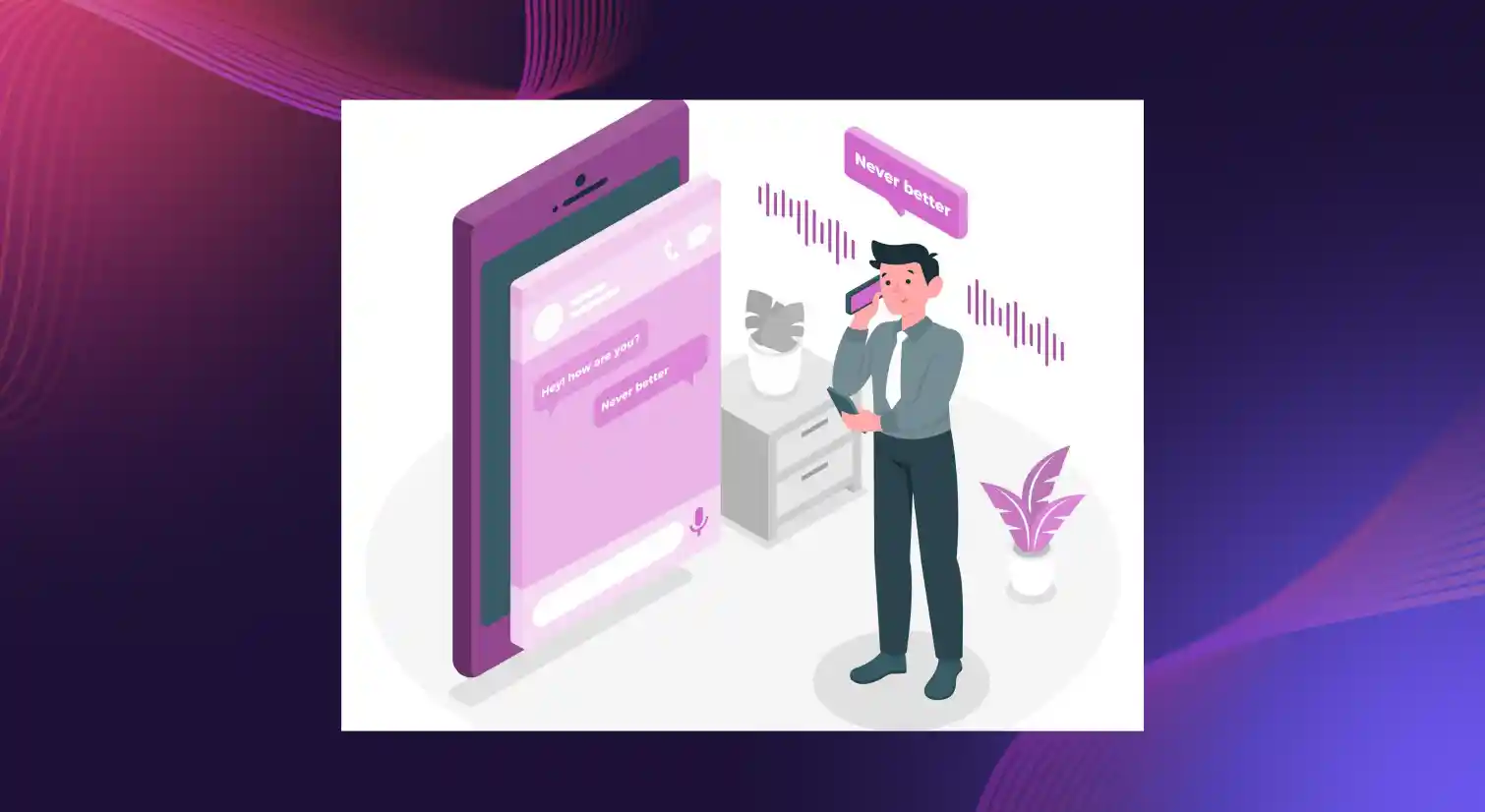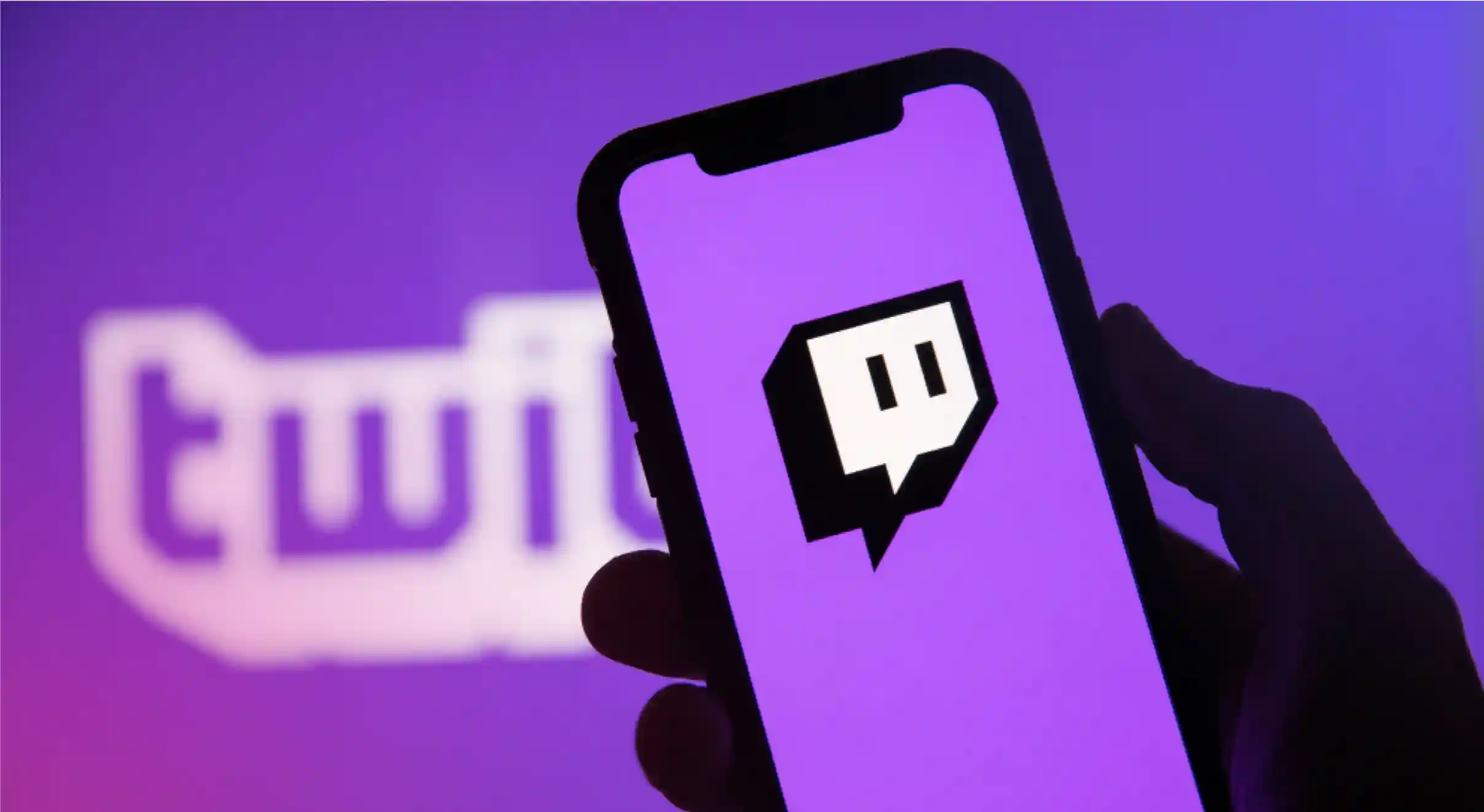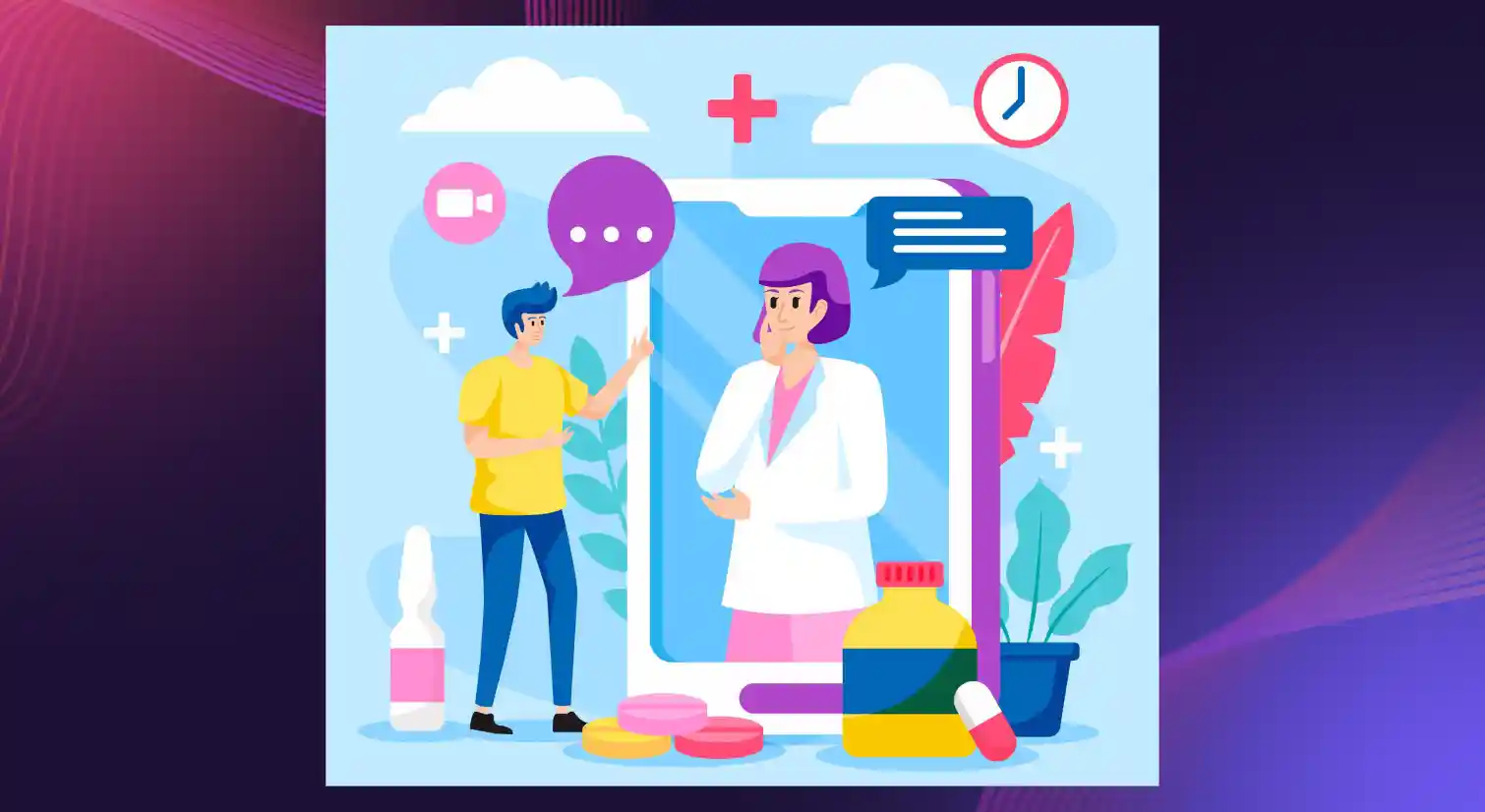The Benefits of Multilingual Text to Speech for International Business
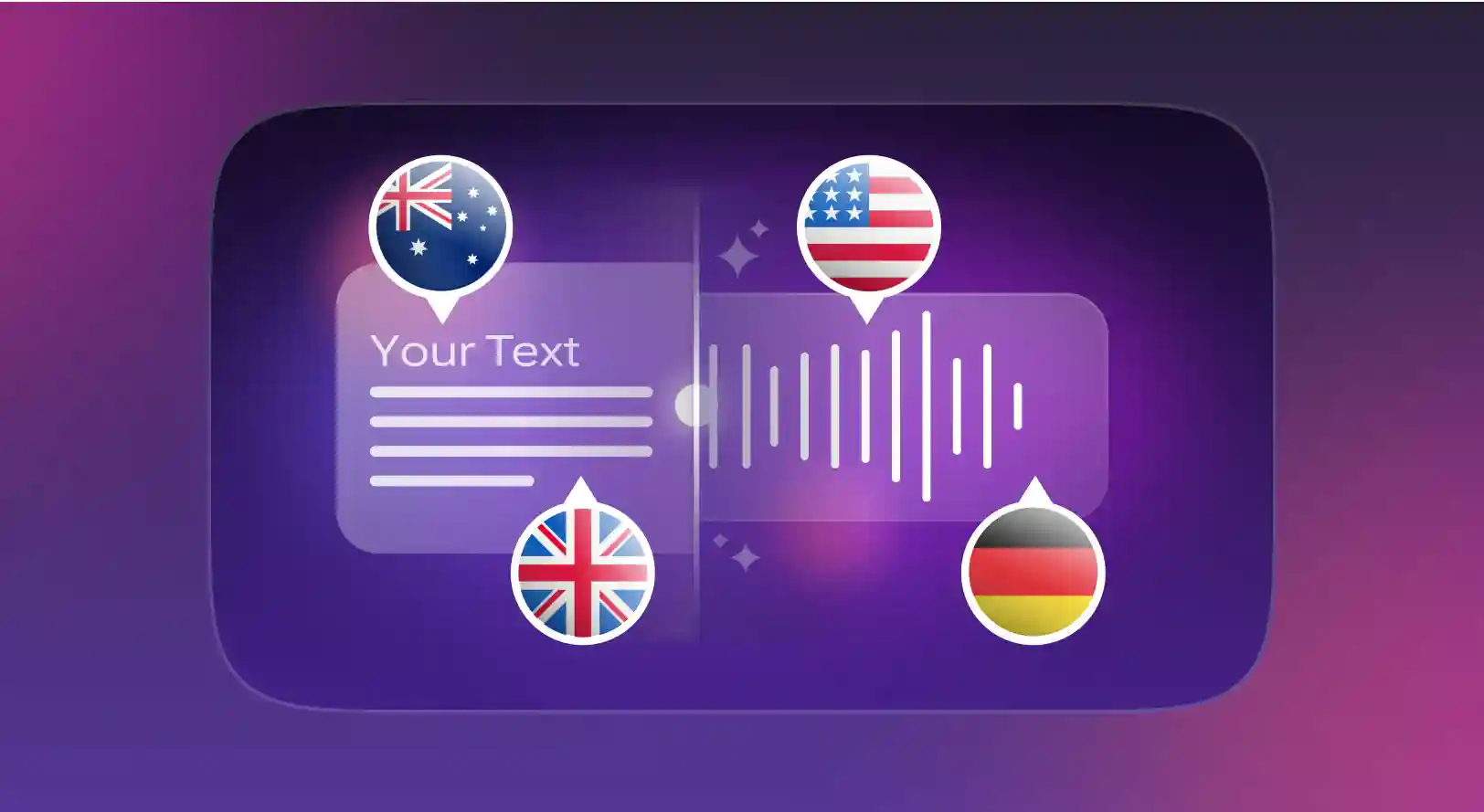
All of us have struggled to communicate effectively at some point in a foreign country due to a lack of language skills. When it comes to businesses, it becomes all the more challenging to ensure your messaging is conveyed to customers across the globe efficiently. However, advancements in technology have brought about new solutions to overcome these language barriers and learn their nuances to create the right impression on the target audience. One such technology is text to speech, which offers users the ability to transform written text into spoken words in multiple languages, seamlessly bridging linguistic barriers and unlocking a world of possibilities.
Text to speech uses artificial intelligence to convert text into lifelike speech across languages, giving businesses a powerful tool to communicate with global audiences like never before. From captivating customer experiences to efficient internal communication, using text to speech software with multilingual capabilities is revolutionizing international business by breaking down language barriers, enhancing accessibility, and opening up new avenues for global engagement.
In this era of interconnectedness, multilingual TTS is not just a luxury but a necessity for businesses that want to thrive in the global marketplace. So, fasten your seatbelts as we dive deeply into the exciting world of multilingual TTS and explore how it's transforming the way we communicate globally.
Businesses operate in diverse markets with customers speaking different languages in a global economy. Effective communication is helpful for international businesses to succeed, and multi-language text to speech technology offers a range of benefits to enhance communication and business operations. Some of the key benefits of using multi-language text to speech are explained below:
Improved Customer Communication
One of the primary benefits of multi-language text to speech for international businesses is improved customer communication. Businesses can easily convert text into natural-sounding speech by leveraging generated AI voices across many languages. It allows them to communicate with customers from different linguistic backgrounds, providing personalized and engaging experiences.
For example, when customers can interact with businesses in their native language, it creates a sense of connection, trust, and loyalty. It also helps businesses better understand and address customer needs, improving customer satisfaction and retention.
Increased Accessibility
Multi-language text to speech enhances accessibility, making businesses more inclusive and reaching a wider audience. Accessibility is a critical aspect of modern business operations, as it ensures that all individuals, including those with visual impairments or reading difficulties, have equal access to information and services.
By converting text into speech, TTS software enables businesses to make their content accessible to diverse customers who rely on auditory information. It can include people who are blind or have low vision, individuals with dyslexia or other reading challenges, or individuals who prefer listening to content rather than reading. With accessible content, businesses can ensure that their messages are received and understood by a broader range of customers, expanding their customer base and market reach.
Strong Internal Communication
Effective internal communication is vital for international businesses to operate smoothly and efficiently. Multi-language text to speech can be used for internal communication purposes, such as company updates, training materials, and policy documents, in multiple languages. This ensures that all employees, regardless of their language proficiency, can receive important information and stay informed. It fosters a collaborative work environment and boosts employee engagement, as employees feel valued when accessing information in their preferred language.
Multilingual text to speech also helps businesses to bridge language gaps among their diverse workforce and create a cohesive and inclusive work environment, which is essential for successful international business operations.
Competitive Advantage
In today's highly competitive business landscape, companies that can effectively communicate with customers in their native languages benefit from the competitive edge.
Businesses can reach a wider audience, tap into new markets, and connect with customers in their preferred language by using synthetic speech generation solution that has multilingual capabilities. This sets them apart from competitors who may only communicate in one or limited languages, giving them a competitive advantage and positioning them as a customer-centric and forward-thinking brand. Multilingual communication options can be a crucial differentiator for businesses, helping them stand out in the global marketplace.
Increased Efficiency
Text to speech also improves business efficiency by streamlining the communication processes. Instead of relying on time-consuming translation services or hiring multilingual staff to translate them, businesses can use multilingual TTS to convert text and instantly generate speech. This saves time, reduces costs, and allows faster and more agile communication, making businesses more efficient and responsive in their global operations.
For example, businesses can quickly generate voiceovers for presentations or training videos with text to speech platforms, eliminating the need for separate translations and voice recordings. This streamlines communication workflows and enables businesses to communicate realistically, accelerating decision-making processes and driving operational efficiency.
Efficient Marketing
Marketing is critical for international businesses, and text to speech can significantly enhance marketing efforts. Businesses can use multi-language text to speech to generate voiceovers for their promotional videos, advertisements, and other marketing materials in multiple languages. This allows businesses to create engaging and culturally relevant content that resonates with local audiences, resulting in more cost-effective marketing campaigns.
By speaking to customers in their native language, businesses can create a personalized and emotional connection, leading to higher engagement, increased brand awareness, and improved conversion rates. Multilingual TTS also allows quicker and more cost-effective marketing content localization, as businesses can easily adapt their messages to different markets without lengthy translation processes. This enables businesses to launch marketing campaigns simultaneously, reaching a broader audience and maximizing their marketing efforts.
Improving Brand Image
Brand image is crucial for international businesses as it impacts how customers perceive and trust a brand. TTS can help businesses improve their brand image by providing seamless and personalized communication experiences in multiple languages. When businesses communicate with customers in their native language, it creates a perception of being customer-centric and culturally aware.
Text to speech also enhances the brand's image as a global and inclusive organization that values its customers' diverse linguistic backgrounds. By investing in multilingual TTS, businesses can position themselves as forward-thinking and innovative, demonstrating their commitment to meeting the needs of a diverse customer base and building a positive brand image globally.
How to Implement Multilingual Text to Speech in Your Business
Implementing multilingual TTS in your business can be a strategic decision to enhance your communication capabilities and cater to a global audience. Here are some key steps to consider when implementing multilingual TTS in your business:
Choose the Right TTS Technology Provider
Selecting the right TTS provider is crucial to ensure your business can effectively implement multilingual TTS. Consider factors such as the provider's language coverage, voice quality, customization options, scalability, and pricing.
Look for providers offering computer-generated voice across various languages, use cases, and applications to suit your business needs. Assess their speech technology for accuracy, quality, naturalness, and versatility to ensure that it meets the communication requirements of the target audience. Additionally, consider the provider's reputation, customer reviews, and support services to ensure a smooth implementation.
Integration with Existing Channels
Integrating multilingual TTS with the existing channels is essential for seamless customer communication. Identify the channels where you want to implement multilingual TTS, such as the website, mobile apps, IVR systems, chatbots, podcasts, or virtual assistants.
Work closely with the chosen TTS technology provider to integrate the solution into your existing channel system, ensuring it aligns with business processes and systems.
Depending on the business requirements, this may require technical integration, API text to speech integration, or other customization efforts. It is crucial to thoroughly test the system integration to ensure that the TTS solution works seamlessly with existing channels and provides a consistent and high-quality customer service experience.
Best Multilingual Text to Speech Software for Businesses
Several text to speech software are available online that have multilingual capabilities for businesses to improve their processes. Some of the most popular multilingual TTS software solutions include:
Murf
Speechify
Readspeaker
WellSaid Labs
Natural Readers
Why Should You Choose Murf for Multilingual TTS?
Murf is an exceptional choice for businesses seeking to implement multilingual text to speech solutions due to its wide range of advanced capabilities that set it apart from other TTS providers. With Murf, you can elevate customer communication, increase accessibility, streamline internal communication, gain a competitive advantage, boost efficiency, enhance marketing efforts, and improve your brand image. Here are some compelling reasons why Murf is a top choice for multilingual TTS:
Realistic Sounding Voices
Murf offers an impressive selection of realistic-sounding voices generated by leveraging deep learning algorithms and machine learning technology. The voices produced by Murf are natural, smooth, and expressive, closely resembling human speech, unlike the robotic voices from other brands.
Murf generates realistic-sounding voiceovers across devices for different ages and accents that kids can use. Whether you need TTS for customer service interactions, product demonstrations, or any other communication channel, Murf's realistic voices can provide a seamless and professional experience that can even be used by visually impaired students or people with learning disabilities.
Custom Pronunciation
Murf allows you to customize the pronunciation of words or phrases from text to speech, giving you precise control over how different words, including your brand's language and terminology, are pronounced in the output. This is particularly valuable for businesses operating in specific regions or industries that require accurate pronunciation of technical terms, names, or industry-specific jargon. It is also critical to maintain consistency in brand voice.
With Murf's custom pronunciation feature, you can ensure that the TTS output aligns with your brand's voice and language preferences, ensuring consistency and accuracy in your communication. Users can simply double-tap on the word that needs correction in pronunciation and select an alternative IPA or an alternative spelling for the options shared.
Wide Range of Languages and Accents
Murf supports AI voices in a diverse range of languages and accents, making it a versatile choice for businesses with a global audience. With voiceover capabilities in as many as 20+ languages and 200+ natural AI voices, businesses worldwide can use Murf for their requirements, including popular choices like French, Spanish, Italian, Japanese, and Chinese.
It also offers a variety of accents within each language, allowing you to choose the most suitable accent for your target audience. Accents like English, Chinese, Spanish, French, Italian, Russian, Portuguese, Hindi, Tamil, Japanese and Arabic text to speech are covered. It enables your business to communicate effectively with customers and users from different regions, making your content more inclusive and accessible.
Voice Cloning
Murf's voice cloning allows businesses to create a custom TTS voice that closely resembles a specific person, such as voice actors, a company spokesperson, CEO, or a brand ambassador. This can add a personal touch to your TTS output, making it more relatable and engaging for your audience.
Voice Changer
Murf also offers a voice changer feature that can be used to improve the quality of the recorded voiceover. Businesses can change their voiceover from a raw home recording to a professionally sounding voiceover in no time. This gives businesses creative control over the output, allowing them to create a significant impact.
The voice changer also helps create engaging and dynamic content that captures your audience's attention and makes your communication more exciting and captivating.
Voice Editing
Murf's voice editing allows you to fine-tune the TTS voices by adjusting pitch, volume, and speed parameters. This gives you greater control over the speaker and audio output, allowing you to customize the voices to suit your brand's personality or messaging.
With Murf's voice editing capabilities, you can ensure that the TTS output conveys the desired voice characteristics, tone, and style that align with your brand image, helping you create a consistent and cohesive audio experience for your customers or users.
Meet Murf Falcon: The Fastest, Most Efficient Text to Speech API
Murf Falcon is engineered to deliver human-like speech at an industry leading model latency of 55 ms across the globe. Use Falcon to deploy AI voice agents that not only talk like regular humans, but also deliver the speech at blazing fast speed with ultra precision.
Falcon is the only TTS API that consistently maintains time-to-first-audio under 130 ms across 10+ global regions, even when processing up to 10,000 calls at the same time. Falcon delivers uninterrupted, natural speech. No lag, no clipped phrases, no robotic tone.
Engineered for Real-Time Performance
Falcon’s architecture is tuned specifically for ultra-low latency and responsiveness:
- Model latency under 55 ms
- Time-to-first-audio under 130 ms
- Edge deployment across 10+ regions for global consistency
Its lightweight, compute-efficient model outperforms larger LLM-based TTS systems on context precision and response timing delivering premium naturalness without inflated infrastructure demands.
Human-Like Speech, in Any Language
Falcon ensures voices sound fluent and expressive:
- 35+ languages, 150+ expressive voices
- Code-mixed multilingual output without accent distortion
- 99.38% pronunciation accuracy
- Conversational prosody for natural tone, rhythm, and pauses
Falcon separates how words are pronounced from the unique qualities of the speaker’s voice, preventing odd tone changes. This also enables the voice to switch languages smoothly in the middle of a sentence.Your AI voice doesn’t just speak multiple languages, it sounds native in each.
Integrates in Minutes
Falcon fits easily into modern development stacks:
- RESTful API
- Python, JavaScript, and cURL SDKs
- Works with Twilio, Anthropic Claude, Discord, and more
Go from API key to live call in minutes, no complex provisioning or specialized infrastructure needed.
Stable and Cost-Efficient at Scale
- Supports 10,000+ concurrent calls with no latency drop
- Predictable performance worldwide via edge routing
- On-prem deployment option for full internal control
- Priced at 1¢ per minute, reducing voice agent costs by up to 50%
Fast everywhere. Accurate always. Affordable at scale. Try Murf Falcon now!
Conclusion
In today's globalized business landscape, multilingual TTS has become an invaluable tool for businesses to communicate effectively with customers and users from diverse linguistic backgrounds. The future of multilingual TTS holds promising prospects with even more realistic-sounding voices and features to make the processes seamless. By choosing the right TTS technology provider, businesses can unlock the full potential of multilingual TTS and elevate their communication strategies in the international business arena.
